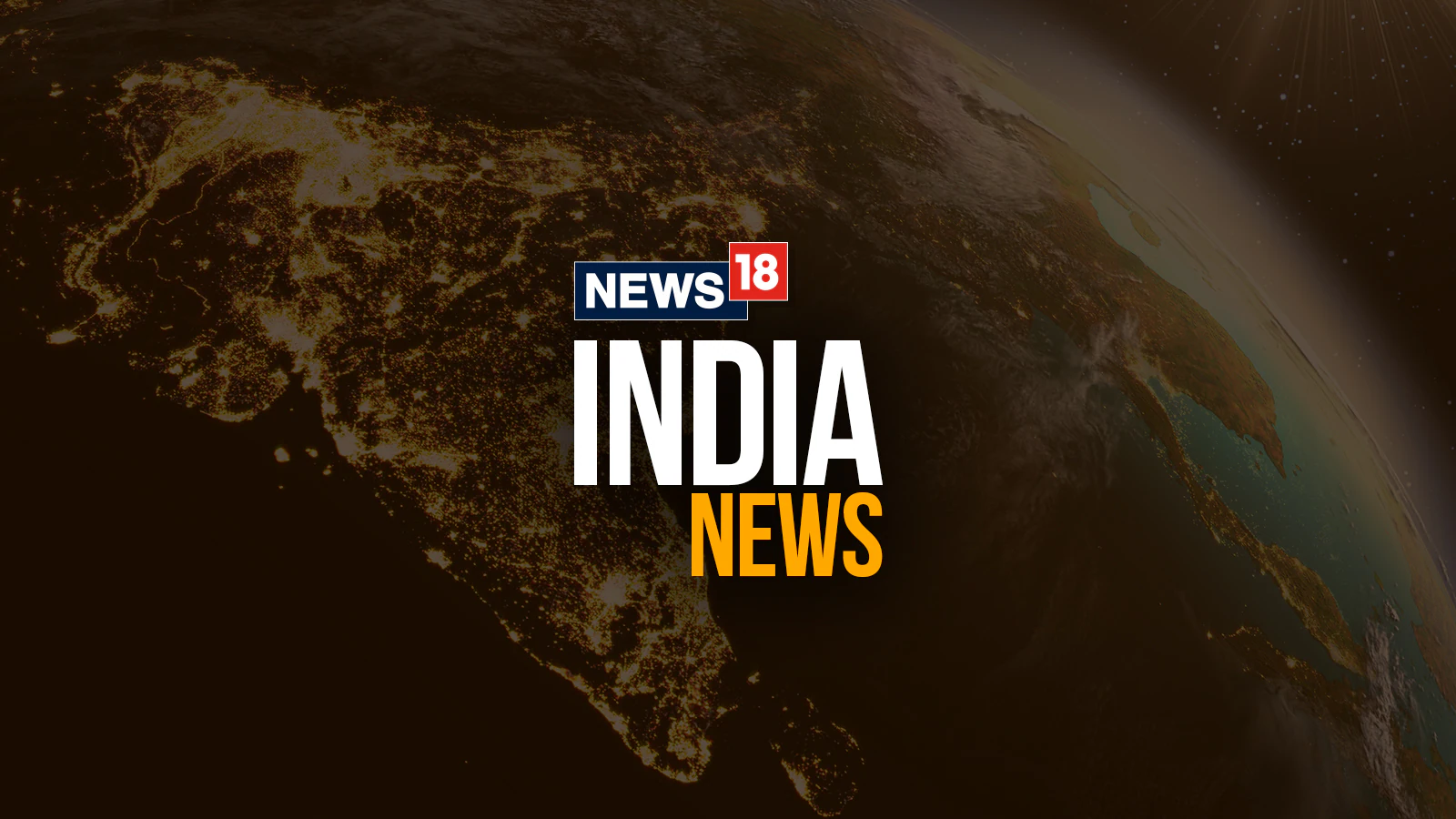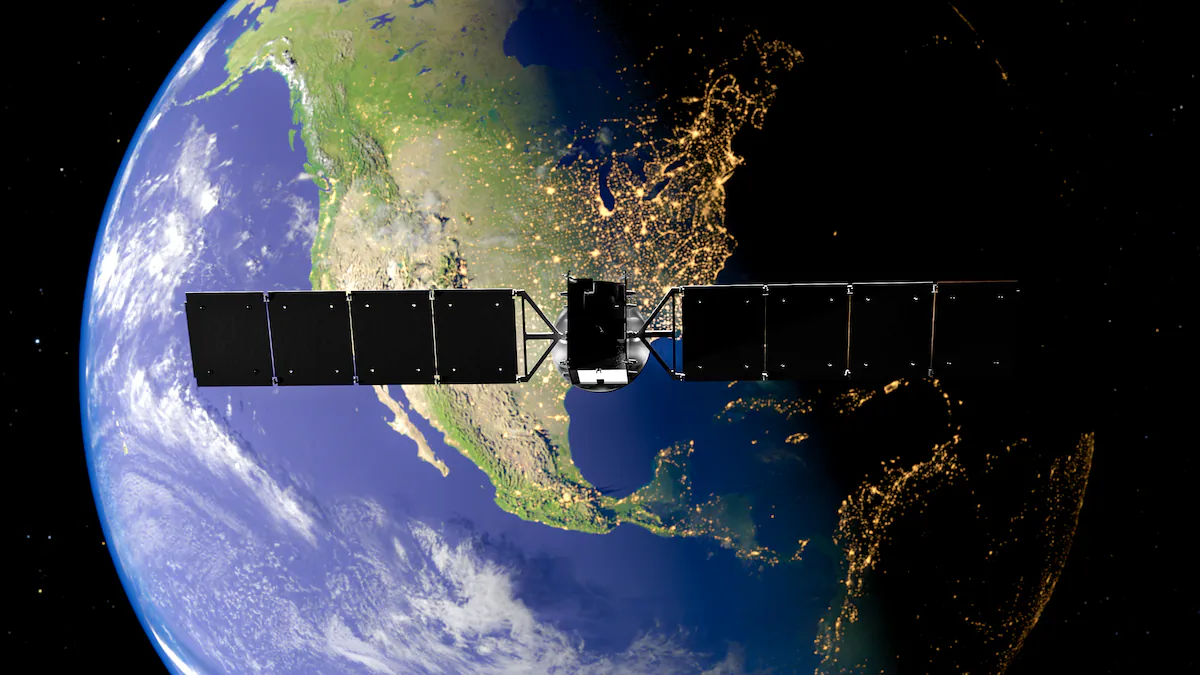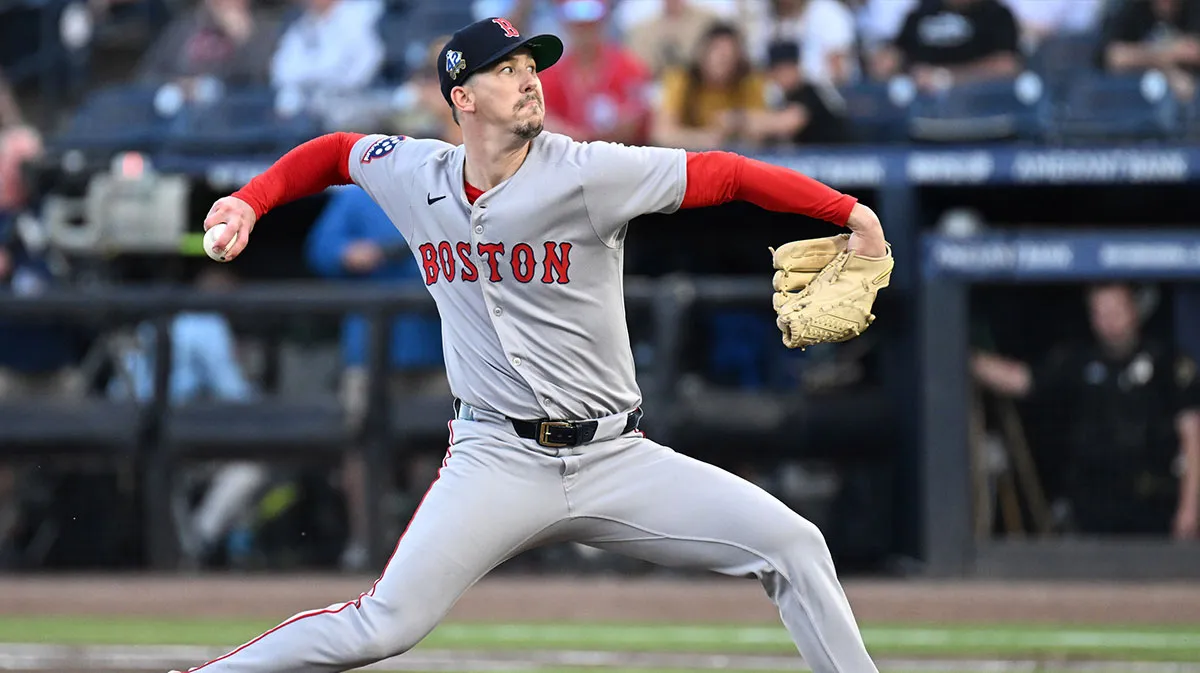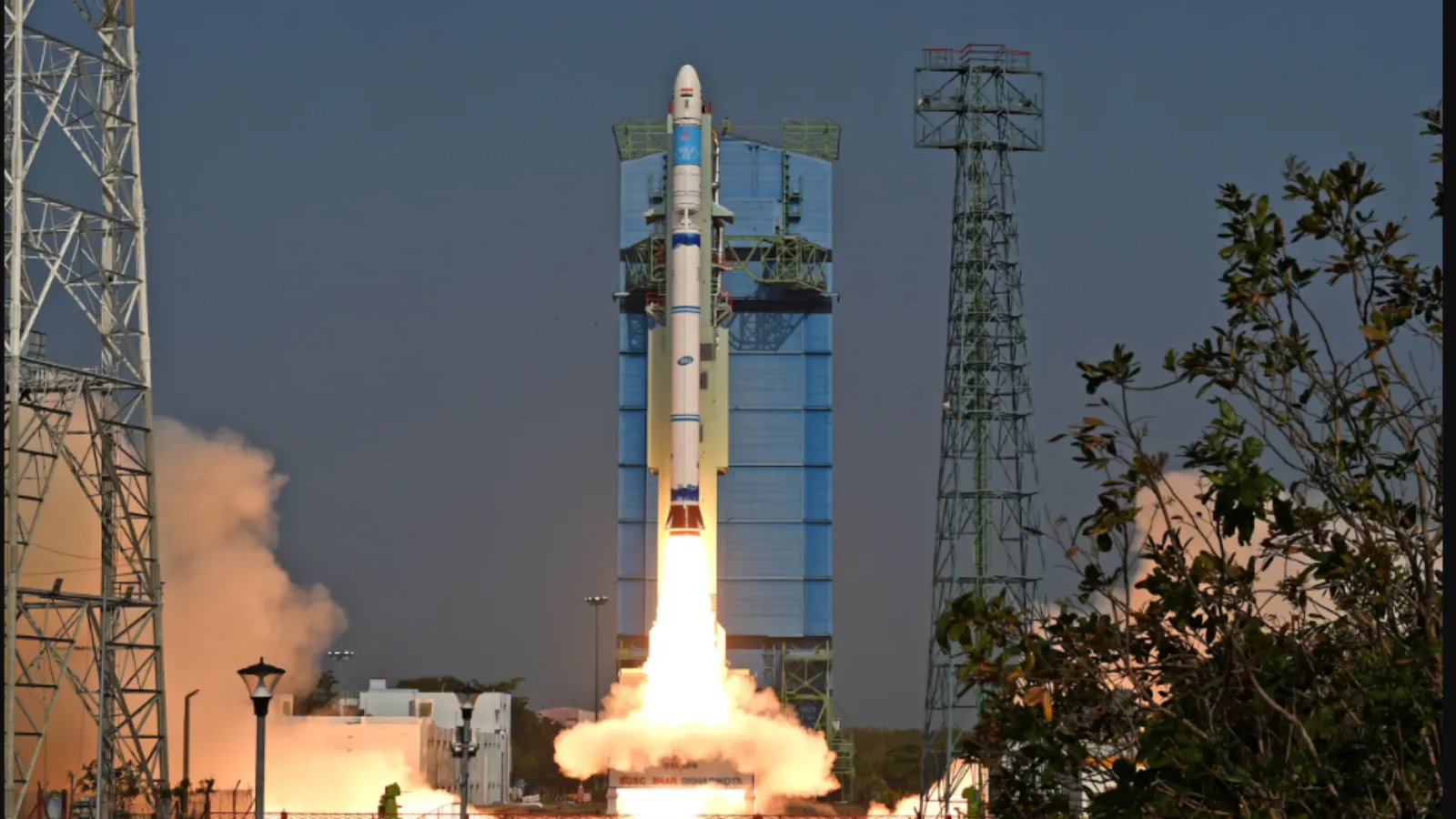Why I am passionate about inclusion, transforming pain to power for underpreviledged — Adeola Layade
By Rotimi Ige
Copyright tribuneonlineng
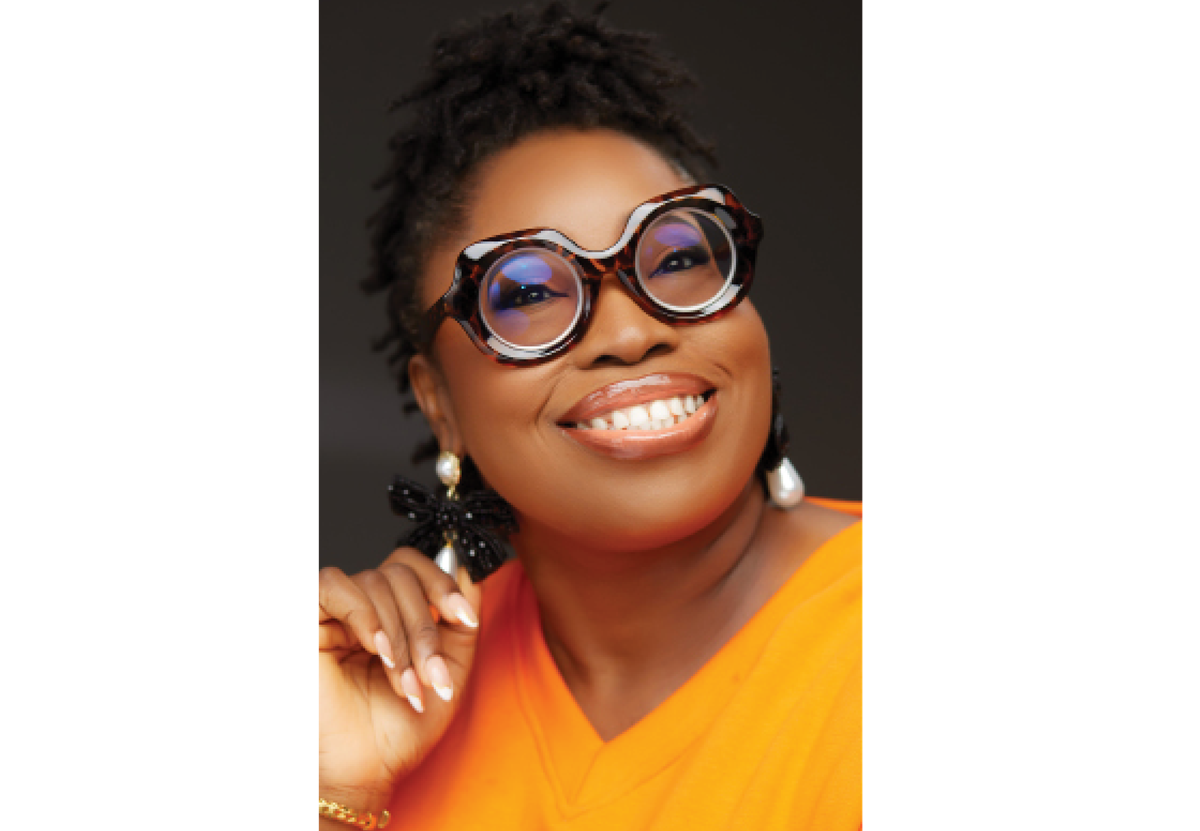
Adeola Layade is a tech strategist, media producer and an impact-driven founder of The Azaria HQ and Impact Foundation, committed to building start-ups that bridge digital gaps for African changemakers, also storytelling-centred empowered programmes, with initiatives aiming to provide access to clean water to underpreviledged communities and distribute solar powered radios to amplify hope, education in remote areas. She spoke to ROTIMI IGE about her mission, among other topics. Excerpts.
Can you tell us what inspired the creation of The Azaria Impact Foundation?
I founded The Azaria Impact Foundation out of a deep conviction that access to clean water should be a right, not a luxury. Growing up, I saw the struggles of communities walking long distances just to fetch unsafe water, and I realised how water scarcity fuels inequality, poor health, and lost opportunities.
The inspiration came from recognising that real change begins at the grassroots level, when people are given access. The Azaria Impact Foundation was established to bridge the gap in access to basic needs and opportunities for underserved communities in Africa.
The Rise Project 2025 is your flagship initiative, what is it about, when will it be implemented and why is it important at this time?
The Rise Project is our flagship program designed to promote dignity, inclusion, and empowerment. It officially launched in August 2025 and will roll out in November 2025 in Ibadan, Oyo State. The project addresses critical needs like mobility support for persons with disabilities, mental health advocacy, vocational and digital skills training, wash campaigns. At a time when inequality and exclusion remain pressing issues, The Rise Project sends a clear message, “Inclusion is not optional, it is essential”.
Did any personal experience or observations motivate you to launch The Rise Project?
The project was deeply inspired by my own experience of temporarily relying on a walking aid. That period gave me a glimpse into the daily struggles of those with mobility challenges. It taught me the importance of empathy and opened my eyes to how much society often overlooks people living with disabilities. That experience became the seed that grew into The Rise Project.
Your project focuses on mobility aid distribution (WASH) digital empowerment, and mental health, how do all these connect under one vision?
Though diverse, these components all address barriers to living a dignified life. Mobility aids restore independence. WASH ensures healthy living. Digital and vocational training provide economic empowerment. Mental health advocacy fosters resilience and confidence. Together, they form a holistic approach to inclusion and community transformation.
What challenges have people with physical disabilities and underserved communities shared with you that The Rise Project aims to solve?
Many face limited mobility due to lack of assistive devices, which isolates them socially and economically. Communities also struggle with poor access to clean water, inadequate livelihood opportunities, and the stigma around mental health. The Rise Project seeks to tackle these gaps directly, providing tools, skills, and support that enable people to thrive.
How will The Rise Project contribute to the United Nations Sustainable Development Goals (SDGs)?
The project directly contributes to several SDGs, including: SDG 1: No Poverty; SDG 3: Good health and well-being, through mental health advocacy; SDG 4: Quality education, through vocational and digital skills training; SDG 5: Gender equality, by prioritising women empowerment; SDG 6: Clean water and sanitation, through WASH campaigns; SDG 8: Decent Work and Economic Growth by equipping youth with employable skills; SDG 10: Reduced inequalities, by supporting persons with disabilities.
ALSO READ: ‘Go to Court,’ Dangote Refinery dares marketers, alleges N1.5trn subsidy demands
In what ways are women and young people central to the Rise Project’s mission?
Women and young people are at the heart of the project because they are often the most affected by exclusion yet also the most powerful drivers of change. By equipping them with skills, resources, and platforms, The Rise Project empowers them to become leaders and changemakers in their communities.
Funding is a challenge for many NGOs. How is The Azaria Impact Foundation looking to sustain this project, and how can individuals or organisations support?
We are pursuing a mixed model of fundraising that blends creativity with community support. This includes crowdfunding campaigns on our social media platforms, participating in trade fairs, hosting yard sales, creating products to sell, organising car wash drives, merch sales, live auctions and grants applications. We are also exploring new avenues such as fundraising dinners/galas and the development of social enterprises.
While we have not yet built formal partnerships with organisations, we are actively seeking collaborations with local and international NGOs, as well as private sector CSR programs. Sustainability will also come from the strength of our volunteers and local networks.
Individuals and organisations can support by donating directly, sponsoring specific project components such as dignity kits (pads, soap, combs, etc.), handwashing pedal stations, mobility aids (walking sticks and canes), or vocational start-up kits ( resin art, bead making, tie and dye,recycling kits etc) for participants and by offering expertise or resources that strengthen our programs.
Partnership is key in the development space. What kind of partners are you looking to collaborate with, and how can they get involved?
We are looking for partners who share our vision of inclusion and empowerment. These include development agencies, healthcare providers, tech hubs for digital training, mental health professionals, private sector sponsors, and grassroots community leaders globally. We welcome collaborations in vocational and digital training, health services, technology, advocacy, and project sponsorship.
Interested partners can reach out directly to the Foundation to discuss aligned areas of support.
Mental health is often overlooked in development work, why did you decide to include it in The Rise Project?
Because empowerment is incomplete without mental well-being. In underserved communities, the stigma around mental health prevents many from seeking help, leading to cycles of silence and suffering. By including mental health, The Rise Project ensures that people are not just physically and economically empowered, but also emotionally resilient.
Looking ahead, what are your dreams for The Rise Project five years from now?
In five years, I envision The Rise Project as a nationwide movement that has impacted thousands of lives in Africa. I envision schools where no child is excluded because of disability, communities where clean water flows freely, and a strong network of empowered women and young people leading local solutions and thriving in digital spaces globally. Ultimately, I dream of communities where inclusion is a norm, not a privilege.
If you could leave our readers with one message about The Rise Project, what would it be?
The Rise Project is more than an initiative, it is an invitation. An invitation to stand with us, to transform pain into power, and to ensure that no one is left behind. Together, we can rise higher, stronger, and more united than ever before.
